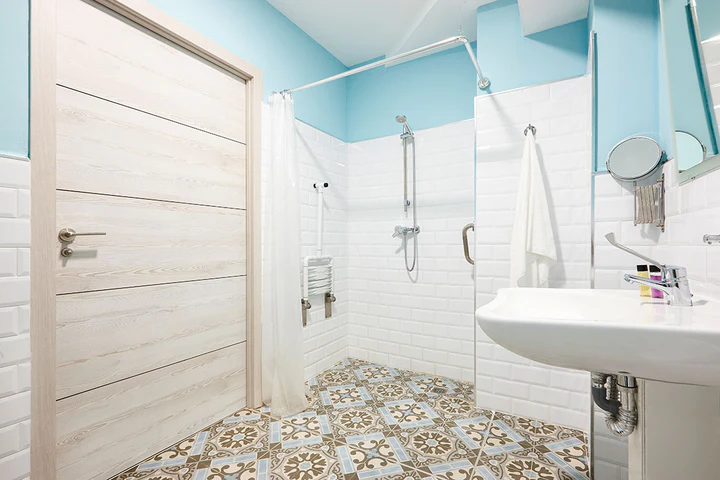If an elderly parent or loved one is having difficulty maintaining appropriate bathroom habits, it’s essential to approach the situation with patience, compassion, and understanding. Here are several steps and considerations to manage incontinence or other related issues:
1. Consult with a Healthcare Professional:
– It’s crucial to consult with a doctor to rule out any medical issues. Incontinence can result from urinary tract infections, constipation, prostate problems, or other medical conditions that require treatment.
2. Establish a Bathroom Schedule:
– Taking your parent to the bathroom at regular intervals, even if they don’t feel the urge, can help avoid accidents.
3. Environment Adjustments:
– Ensure the path to the bathroom is clear and easily accessible.
– Use nightlights for better visibility during nighttime.
– If mobility is an issue, consider using a bedside commode or urinal.
4. Use Incontinence Products:
– There are many products available such as absorbent pads, adult diapers, protective underwear, and bed pads. Find what’s most comfortable and effective for your parent.
5. Modify Clothing:
– Opt for clothing that’s easy to remove. This might mean using elastic waistbands instead of belts or zippers.
6. Monitor Liquid Intake:
– While it’s essential to ensure adequate hydration, try limiting fluids in the evening to reduce nighttime incontinence.
7. Dietary Considerations:
– Some foods and drinks can irritate the bladder, including caffeine, alcohol, citrus fruits, and spicy foods. Observing and adjusting the diet can sometimes help.
8. Pelvic Floor Exercises:
– Exercises, such as Kegels, can strengthen the pelvic muscles and help control the urge to go. A physical therapist specializing in pelvic floor rehabilitation can provide guidance.
9. Bladder Training:
– This involves training the bladder to hold urine for longer and longer periods, gradually increasing the time between bathroom trips.
10. Stay Calm and Be Understanding:
– Remember, your loved one is likely embarrassed and upset about the situation. Approaching the issue with patience and reassurance can make a significant difference.
11. Maintain Hygiene:
– Ensure your loved one stays clean to avoid skin issues or infections. Regularly cleaning the genital area and using barrier creams can help.
12. Consider Medications:
– Some medications can help manage incontinence. Consult with a doctor about potential options.
13. Educate Yourself:
– The more you know about incontinence and its causes, the better equipped you’ll be to help. Consider joining a support group or seeking advice from organizations specializing in elderly care.
14. Seek Professional Assistance:
– If managing your elderly parent’s bathroom habits becomes too challenging, consider seeking help from home health aides or looking into assisted living facilities that offer specialized care.
Addressing incontinence or similar issues requires a multi-faceted approach. It’s essential to create a supportive environment and ensure the elderly individual maintains their dignity during this challenging time.








